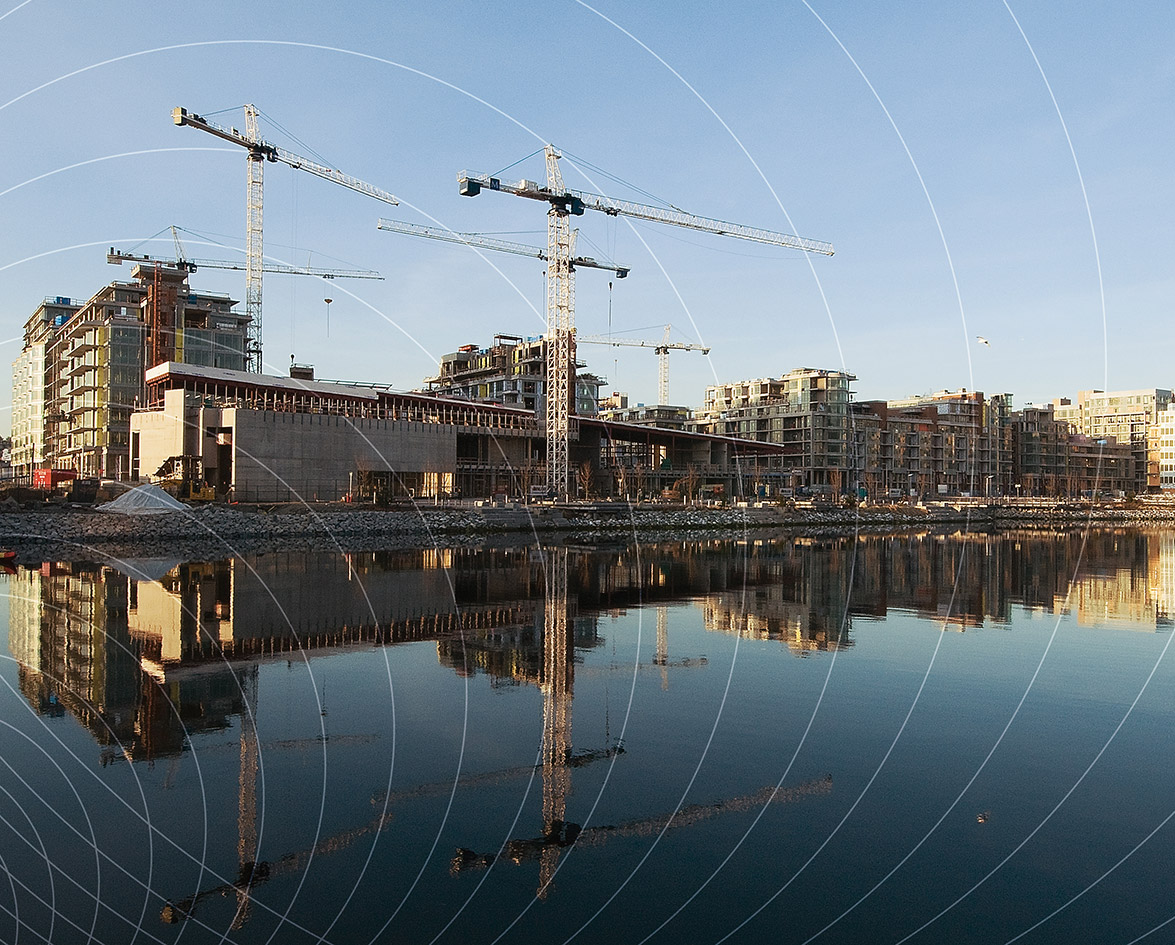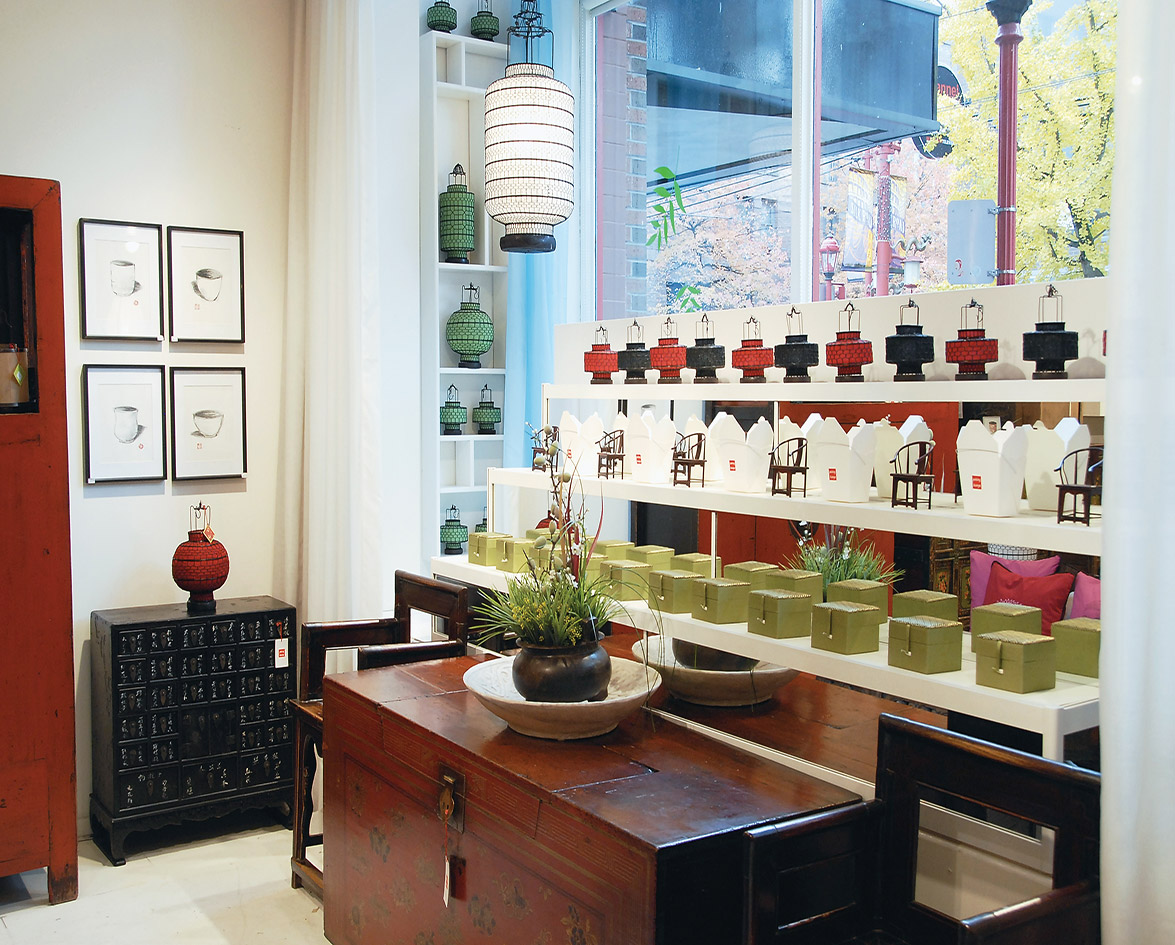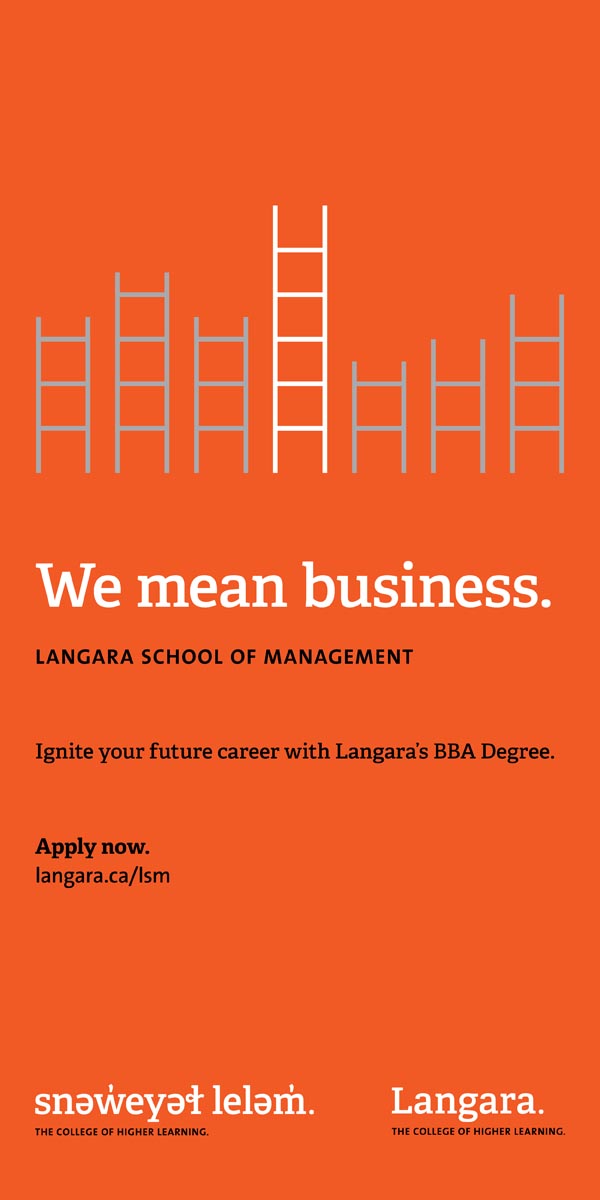Cities around the world compete to host the Olympics as an opportunity to showcase their different cultures and ways of life, and in the hopes the event will result in economic gain.
As Vancouver prepares to host the 2010 Olympics, many are speculating on the impact the event will have on our city’s real estate market. But as the economies of Canada and many other countries have worsened, it appears that the global recession might have the largest impact on our real estate market.
The Housing Market Decline
As of March 2009, the average price for residential detached and condominium properties in BC was down 14 percent from 2008. In that same time frame, the number of residential units sold was down 24.4 percent. Although it is never impossible to sell a home, the time has passed where homes could be sold for unprecedented prices.
Matthew Collinge, a Vancouver realtor working for Royal LePage, explains that the negative turn in the city’s real estate market began in the spring of 2008. He remains optimistic about Vancouver’s real estate market for the long-term, predicting the price of the average residential home will continue to drop from the peak of the market, but at a slow pace.
Considering that prices in many parts of the Lower Mainland rose 90 to 110 percent during the upswing in the market, a drop in prices may not seem so unfortunate. But some worry the market will continue to spiral downwards and post-Olympic home prices will be even lower than feared.
The Impact Of The Olympics
Collinge says any effect the Olympics have on Vancouver’s real estate market will be negligible. “The forces that affect the real estate market, like the market’s cycle and the economy, are just so much bigger than the Olympics. The exposure the city will receive may have some long-term positive effects, but I would not expect any immediate post-Olympic real estate boom.”
In China, host of the 2008 summer Olympic Games, the real estate market is also falling. Many Chinese believe the financial crisis is more to blame for the drop in their real estate market than the Olympics, and most still expect to see a good long- term return on their investment despite the present shaky situation. The real estate market is expected to resume its climb after a period of adjustment, but at a more reasonable and sustainable rate.
Despite this adjustment, investment in the Chinese real estate market is up from 2000. Prices, more than anything, are impacting the negative stance of prospective homebuyers in China. As a way to encourage them, the minimum down payment required for first time buyers was recently dropped to 20 percent.
Changes To Real Estate Investments
In Canada, credit markets tightened somewhat, eliminating the opportunity to purchase with no down payment as of October 15, 2008. This option was only available for about two years, but according to Collinge, “Low down payment mortgages will always be an option for people trying to enter Vancouver’s real estate market,” because prices in our city are inclined to stay high. These higher home values have made many local homeowners very happy, as long-term investments in Vancouver real estate still seem to be a sure thing. Kate and Justin Chipperfield have lived in Vancouver for nearly 10 years and own a house in the city. They watched prices rise as they began their house-hunting process and ended up paying more than they wanted to.
But in the few years that they’ve owned their house, its value has nearly doubled. They expected to make money on their house in the long term, but had no idea the type of growth the market would experience so quickly after they bought. The Chipperfields do not necessarily see the extreme rise in home prices as sustainable. Previously in their central Vancouver neighborhood, homes would go on the market Friday and be sold Sunday. Now, houses “just aren’t selling at all,” claims Mr. Chipperfield. Although he and his wife envision more of the same negative market slide in the next year or two, not all would agree.
Those who have planned their futures and purchased their homes as long-term investments, like Eylem Sonmez, are less likely to feel the negative effects of recession or the market crash. Sonmez believes prices will rise again sooner rather than later, but people are waiting for the market to stabilize before buying into it. Sonmez and her husband Tamer Alev own two homes in Vancouver with a total of four rental suites, plus their own upper floor suite.
Growth, Decline And Development
Natural geography may also help keep Vancouver’s home prices high. Sonmez feels the city is naturally limited in terms of boundaries, leaving little room for expansion unless growth continues east. This is a sentiment echoed by Collinge. As prices do fall, he points out, certain markets are going to be the most vulnerable, including condominium complexes grouped in the same area, and suburban family complexes and developments.
Vancouver’s skyline full of cranes proves that development continues in the city, as it does across the globe. Some are taking advantage of falling prices to invest at a lower cost and then waiting for the market to turn around. Some expect a price correction after the dust has cleared from the Olympics, but others suggest our real estate market will begin to turn around this summer.
We don’t have to wait very long to see exactly what effects, if any, the games are going to have on the Vancouver real estate market. Whatever the outcome, the City of Vancouver, whether affordable or outrageous, will continue to be a popular and preferred place to live.











